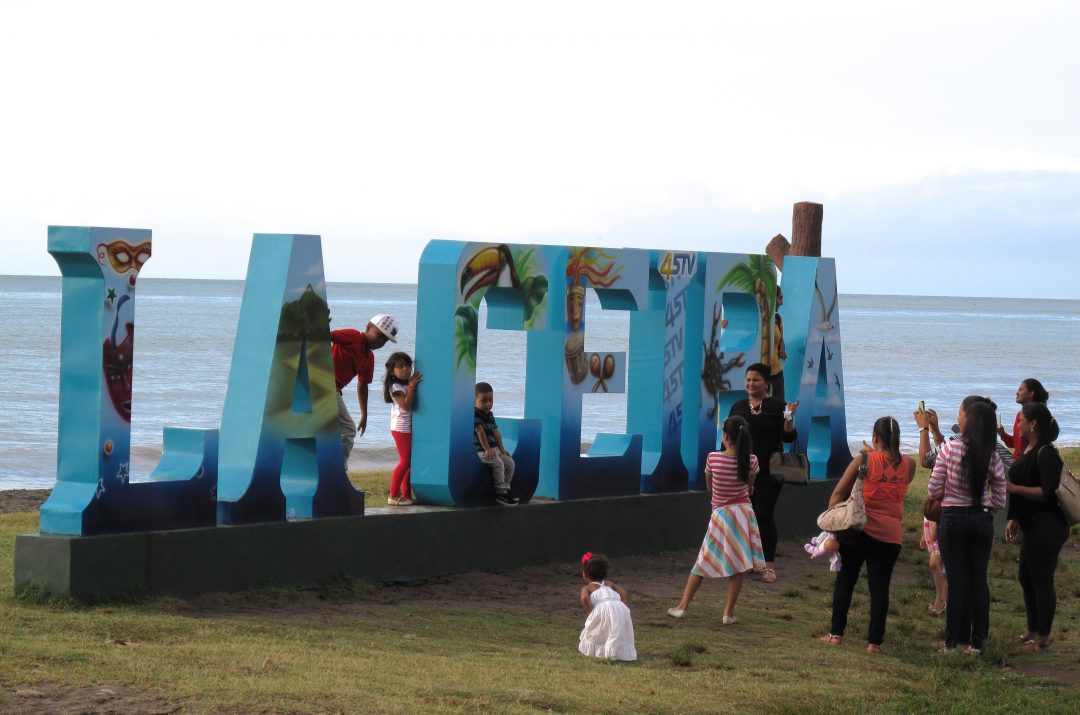EUROsociAL+ and the Secretariat for Central American Social Integration are working together to provide a regional response to the social, labour and human settlement problems generated by the pandemic

The European Union EUROsociAL+ Programme is supporting the Secretariat of Central American Social Integration (SISCA) in the design, development and implementation of the Recovery, Social Reconstruction and Resilience Plan for Central America and the Dominican Republic, in response to the crisis generated by the Covid-19 pandemic.
This initiative arises from the mandate of the Council for Social Integration, which, in its Second Special Declaration (United for the recovery and social reconstruction of the SICA region), instructs SISCA to develop an initiative that supports the regional efforts being carried out by each one of the SICA countries (Guatemala, Honduras, El Salvador, Nicaragua, Costa Rica, Panama, the Dominican Republic, and Belize) in support of the global promise of leaving no one behind.
The Plan’s objective is to articulate the public sector responses regarding social, labour and human settlement problems of SICA member countries and provide them with a regional integration perspective, in the post-Covid social and economic reactivation phases. The Plan will be made up of a defined set of strategic projects drawn up for three pillars of intervention: (i) social protection, employment and employability; (ii) human settlements; and (iii) urban development. Each project will bring together transformative actions to provide broad and articulated responses to priorities that will be identified in a regional consultation process.
The EUROsociAL+ Programme is participating in each of the pillars of intervention from its three policy areas (social, governance and gender equality) together with the corresponding national institutions, and in sectoral and geographical coordination with the European Union Delegations in SICA countries. In this part of the process, EUROsociAL+ has provided experts according to the requirements of each pillar. It has facilitated the exchange of experiences from the European Union and other Latin American countries and, of course, has guaranteed throughout this initiative to mainstream the gender approach.
This regional project can also count on the advice of two agencies and a United Nations programme: the International Labor Organization (ILO), the UN Food and Agriculture Organization (FAO) and the UN-Habitat Programme.
In addition to the working meetings of the different pillars, and together amongst themselves, the Plan has been presented to other regional and international actors in order to explore other financing possibilities for this initiative.



